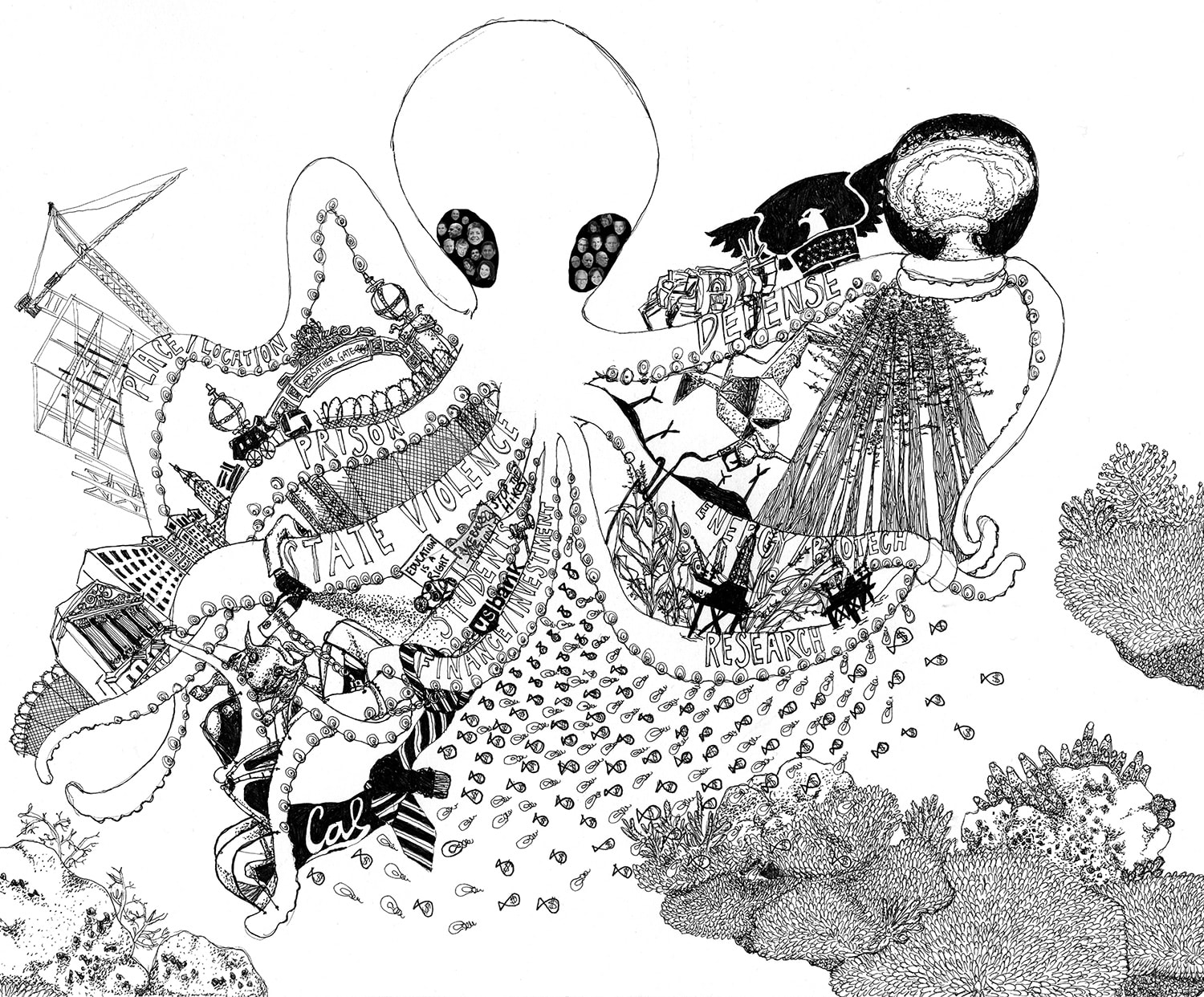This issue of The Scholar & Feminist Online, edited by scholar-activists Soniya Munshi and Craig Willse, explores the nonprofit and the university as two key sites in which neoliberalism’s gendered and racialized social and economic formations are constituted and contested, opening new possibilities in the critical work of resisting and imagining beyond the nonprofit industrial complex (NPIC) and the academic industrial complex (AIC). Emerging out of a 2009 meeting at the American Studies Association convened by Munshi and Willse and drawing on the theoretical and historical models articulated by INCITE! Women, Gender Non-conforming, and Trans People of Color Against Violence, this issue foregrounds inquiries into how neoliberalism has reconstituted education, service provision, and social justice organizing in ways that serve and further the harms caused by capitalism, gendered hierarchies of heteropatriarchy, racism, and white supremacy. Contributors also consider the ways that people working inside nonprofits and schools mobilize resistance to neoliberalism and develop alternatives within and outside their current institutional formations.

Created as part of the presentation “The Octopus: Cognitive Capitalism and the University” with Natalia Cecire and Miriam Neptune at The Scholar & Feminist 2015: Action on Educaiton.
“Navigating Neoliberalism in the Academy, Nonprofits, and Beyond” brings together scholars and activists working on a range of regions, sites, and issues. Taking seriously the importance of multiple forms of engagement, this issue includes essays, short articles, videos, maps, and illustrations, and makes urgent connections between the privatization of education in U.S. high schools and prisons, the legacies of anti-violence organizing within and outside of nonprofit structures, and the effects of gang injunctions in Los Angeles on the legal and extralegal surveillance, confinement, and killing of Black and Brown youth.
At the core of this issue are the urgent questions the editors ask in the introduction: “What are the possibilities for transformative politics given the capacity of neoliberal capital to incorporate, absorb and/or neutralize demands for social justice? And what can we produce in excess of neoliberalism?” And while the framework for understanding the academic and nonprofit industrial complexes was developed through analyses of two systems that these contributors seek to abolish—the military and prisons—the editors note that there are vital elements inside nonprofits and universities that may be worth saving. Equally important, then, is the issue’s call to action: “Our task then is to think about how to nurture these elements to prepare them for their lives outside their current institutional forms.”



